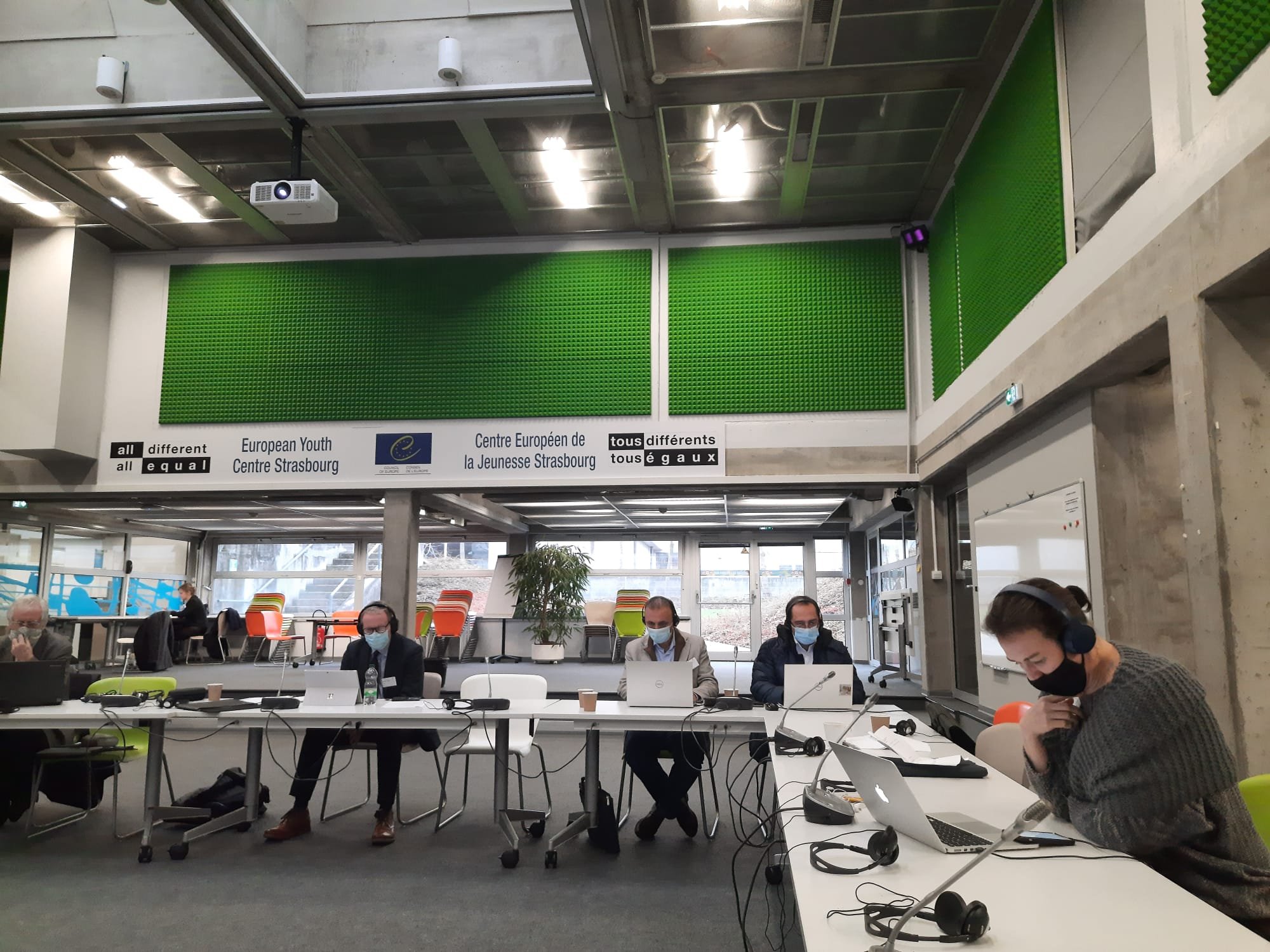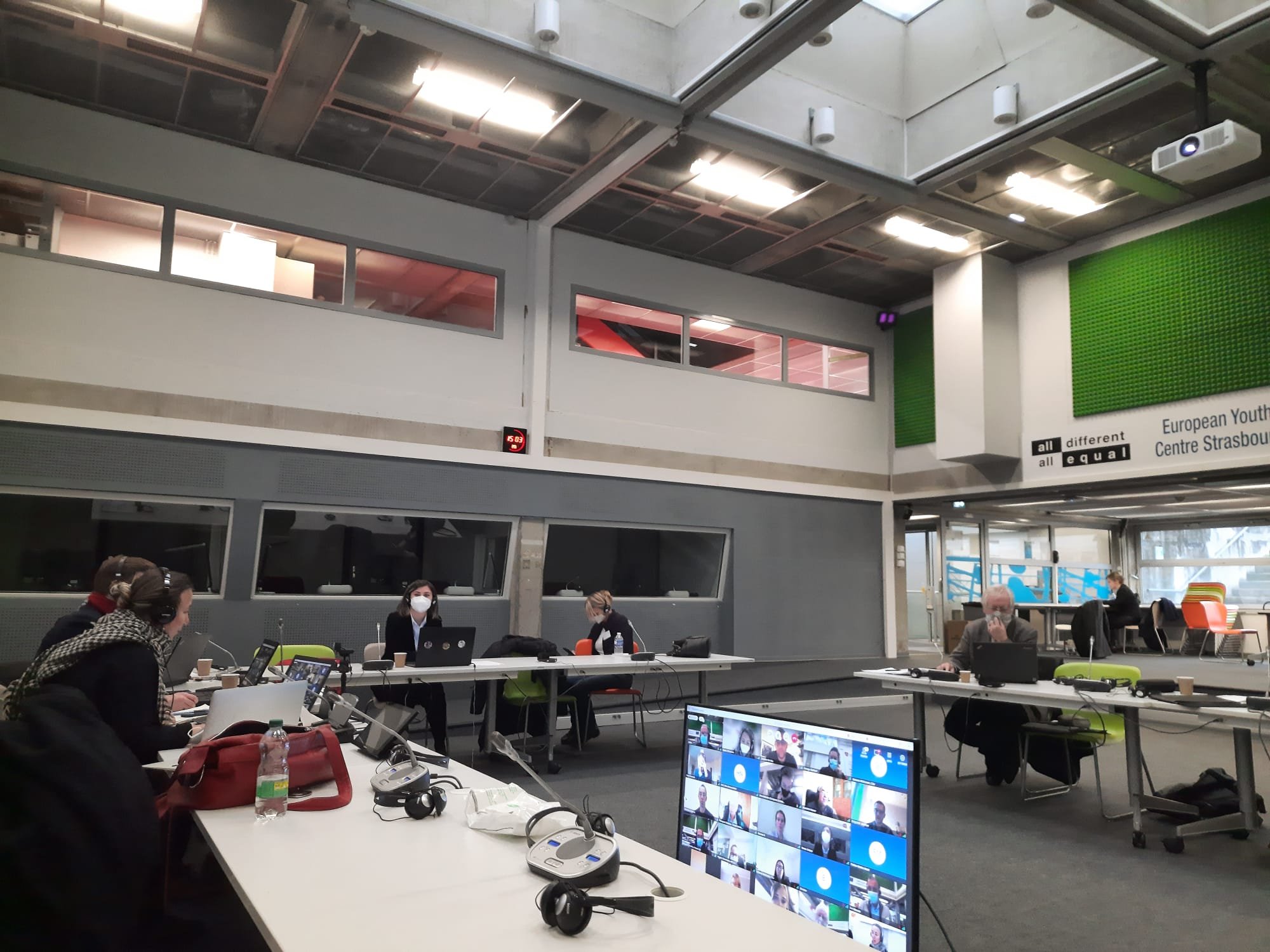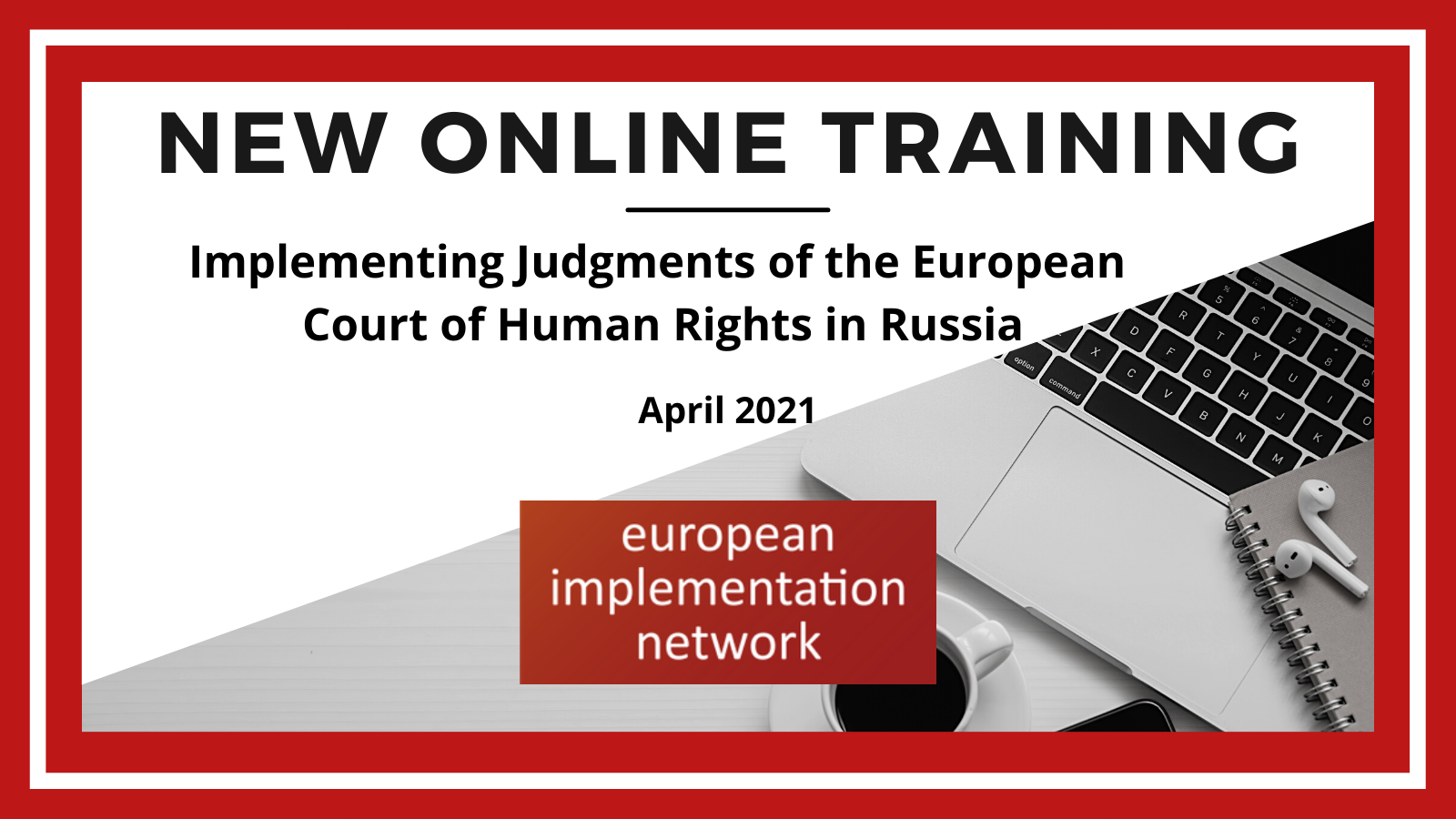EIN Online Training: Combatting violence against women and domestic violence by supporting implementation of ECtHR judgments
/This week, EIN facilitated a new online training to support the implementation of judgments of the European Court of Human Rights (“ECtHR”) concerning violence against women and domestic violence (“VAW/DV”). The training is part of EIN’s project on VAW/DV, which is meant to provide comprehensive support to specialist organisations to ensure that they can effectively contribute to the ECtHR implementation monitoring system.
This online training aims to sensitize expert organisations on the importance of contributing to the implementation of VAW/DV judgments at the Committee of Ministers level and equip them with tools to help them best make use of the supervision process.
The day began with Prof. Başak Çalı, EIN Chair, who outlined the objectives and structure of the training and provided a warm welcome to participants. She was joined by the Deputy Permanent Representative and Government Agent of Luxembourg, David Weis, who stressed the importance of the issue and underlined Luxembourg’s support for the implementation of these judgments.
The first presentation of the day was held by George Stafford, EIN Director, who discussed the benefits of advocating for the implementation of VAW/DV judgments of the ECtHR. Next, Ekaterina Malareva, Lawyer at the Department for the Execution of Judgments, Council of Europe, provided the participants with an overview of how the implementation process works.
Following a short break, participants continued to learn how the implementation process works and asked questions regarding the topic. Violeta Andriuța, Lawyer at the Women’s Law Centre Moldova, presented her own experiences advocating for the implementation the T.M. and C.M. v. Moldova judgment and shared her lessons learned.
After lunch, Agnès Ciccarone, EIN Programme Manager, outlined best practices for NGOs making submissions to the Committee of Ministers. She was followed by Elena Biaggioni, Lawyer at Donne in Rette contro la Violenza, who also shared her invaluable experiences on advocating for the implementation of the Talpis v. Italy judgment, progress made and lessons learnt thus far. The final presentation was held by Ioana Iliescu, EIN Law and Advocacy Officer, who discussed common issues included to date in NGO submissions in domestic violence and violence against women cases, with a particular focus on scope, evidencing and recommendations.
In the last session of the day, participants were divided into break-out groups to discuss specific domestic violence judgments and the best course of action for implementation by applying the day’s training. The break-out groups discussed Tershana v. Albania, Levchuk v. Ukraine and Tkhelidze v. Georgia. The participants discussed break-out group outcomes and upcoming plans to engage with the implementation of ECtHR judgments on VAW/DV. The training concluded with a discussion on EIN’s upcoming report on on the implementation of VAW/DV judgments of the ECtHR.
We thank all those who joined us online, especially those who presented. We also express our gratitude to the Permanent Representation of Luxembourg to the Council of Europe, which supports the project.


























